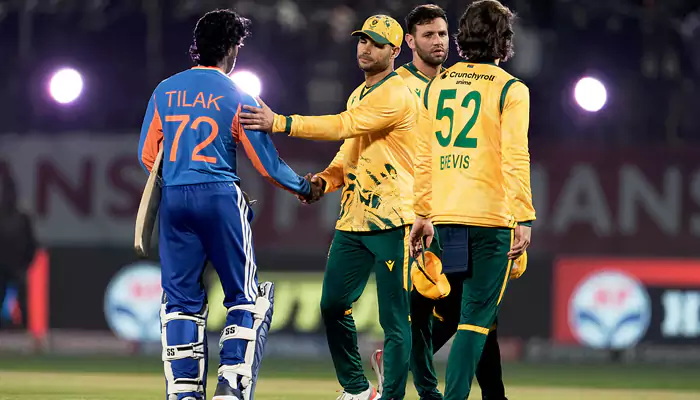
Let's dive into the world of competitive eating and explore the nuances that shape this debate.
Competitive eating, where participants devour vast quantities of food in a set period, has become a global phenomenon. Events like international eating championships have turned eaters into celebrities and sparked debate over whether this pursuit should be considered a sport or merely a spectacle.
A Brief History of Competitive Eating
Competitive eating has origins dating back centuries, with eating contests documented as far back as medieval times. However, modern competitive eating gained traction in the mid-20th century, with the International Eating Championships becoming the most iconic event. Over the decades, the contest grew in popularity, attracting media attention and transforming the landscape of competitive eating into a global stage.
The Argument for Sport
Advocates for competitive eating as a sport emphasize the physical and mental rigor required to excel. Eaters undergo rigorous training regimes to expand their stomach capacity, strengthen jaw muscles, and condition their bodies to handle extreme quantities of food. Similar to traditional athletes, they must maintain a strict diet, exercise regularly, and practice specific techniques to enhance their performance.
Competitive eating contests are governed by strict rules and regulations, further aligning them with conventional sports. Participants must adhere to time limits, food standards, and sometimes even weigh-ins. The level of discipline and dedication required to compete at the highest level is akin to that of any professional athlete.
The Spectacle Perspective
Conversely, critics argue that competitive eating is more of a spectacle than a sport. The sheer absurdity of consuming dozens of bowls of noodles or pounds of dumplings in minutes lends itself to entertainment rather than athleticism. These events are often designed for shock value, drawing in crowds and media coverage with their outrageousness rather than showcasing genuine skill.

Additionally, the health implications of consuming such vast quantities of food cannot be overlooked. Competitive eating can lead to severe physical consequences, including obesity, diabetes, and heart problems. The focus on excessive consumption sends a controversial message in a world increasingly concerned with healthy eating habits and food sustainability.
The Celebrities of Competitive Eating
In the world of competitive eating, there are individuals who have risen to celebrity status due to their extraordinary abilities. These eaters often hold numerous records, such as consuming dozens of dumplings or bowls of noodles in a short time. Their unique techniques and jaw-dropping performances have revolutionized the sport, garnering substantial followings, sponsorship deals, and media appearances. Their success stories add a layer of legitimacy to competitive eating, blurring the lines between sport and spectacle.
The Global Phenomenon
Competitive eating is not confined to any one region. It has grown into a global phenomenon, with contests held in various parts of the world. Each region brings its unique culinary traditions to the table, showcasing a diverse array of eating challenges. From sushi and dumplings to rice and vegetables, competitive eating has transcended cultural boundaries, uniting people worldwide in their love for extreme consumption.
The Future of Competitive Eating
As competitive eating continues to evolve, so too does the debate over its classification as a sport or spectacle. The growing popularity of televised eating contests and the emergence of professional leagues suggest a trend toward greater recognition and organization. However, the inherent spectacle of the sport, combined with health and ethical concerns, ensures that this debate will persist.
Whether viewed as a legitimate sport or a form of entertainment, competitive eating undeniably captivates audiences worldwide. Its blend of physical prowess, outrageousness, and cultural diversity makes it a unique and compelling phenomenon. As the world of competitive eating expands, so too will the discussions surrounding its place in the pantheon of human pursuits.












